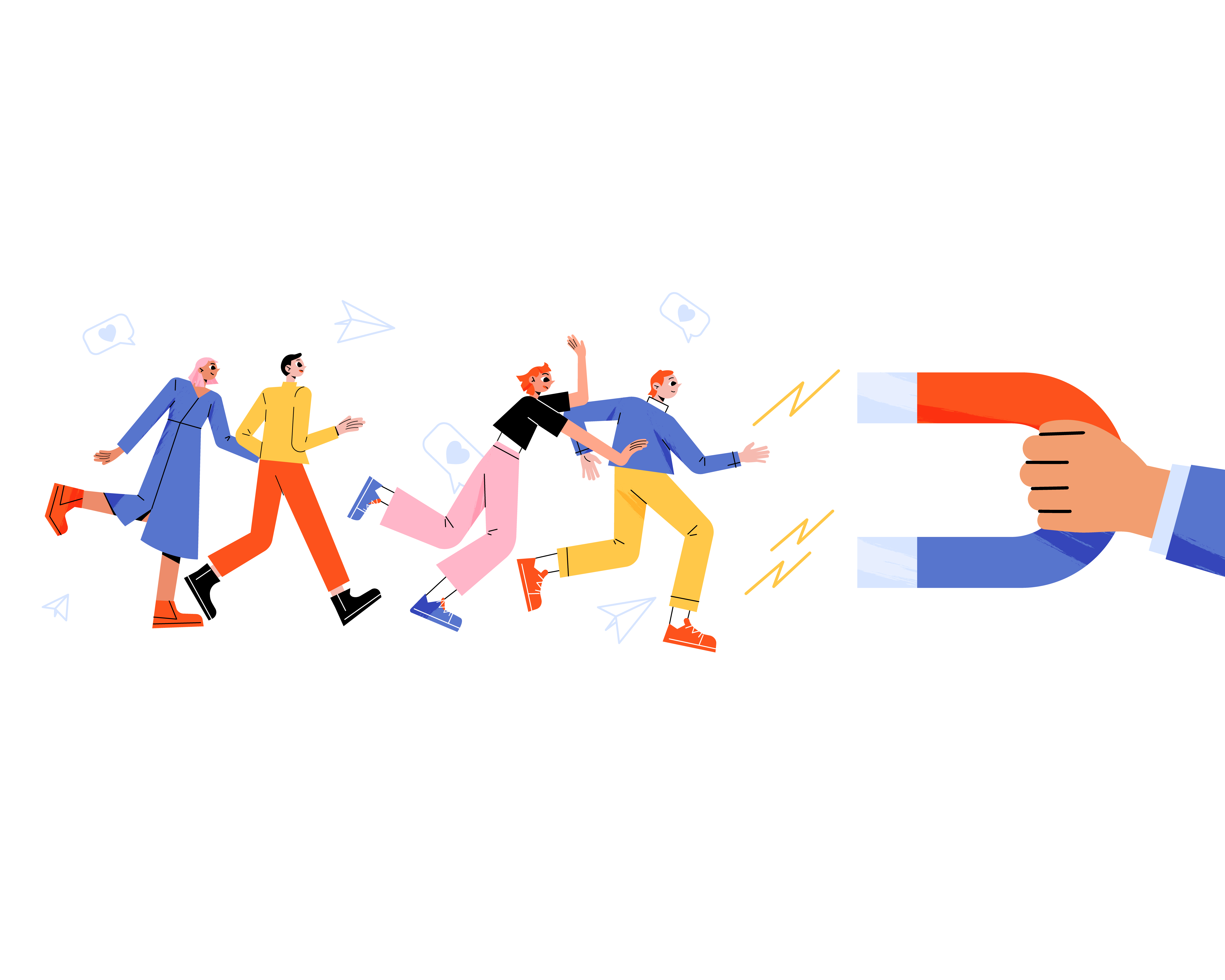The old saying “you catch more flies with honey than you do with vinegar” creatively implies that being strategic with behavior or language is the best tactic to get desired results. In other words—be sweet, not sour, to get your way.
Privilege does no one any favors
The language we choose to get people to hear our message matters, and whether it’s the military changing the word mindfulness to ‘mental toughness’ for soldiers to see value in resilience, or competitive sports teams changing the term they use for yoga to ‘stretch therapy’ to get athletes to loosen up, there is value in being flexible when a message needs to land well. We know the rules of this game and—for the most part—we follow them.
The need for us to change our language in an effort to change opposing viewpoints in systemic racism is not to gloss over or remove the racial bias component, it’s not for political correctness, and we’re not the first ones to bring it up. We know that we need to be strategic when offering an alternative perspective for consideration on a topic of such critical importance. Why, then, is it so hard for us to shift our language? The science of better conversations is in the delivery of the message. In this case, one word may be holding up delivery.
The word privilege is part of every conversation about systemic racism, or at least embedded deeply within it—but there are three scientific reasons why using the word privilege may not be doing us any favors when it comes to changing minds:
- Calling out privilege puts those who have it on the defensive for reasons like anxiety over fear of losing it, or guilt, or validation of their worthiness. Research shows people who have it easy tend to claim they had it rough and even exaggerate their hardships as a defense mechanism. Some may even be defensive over whether privilege exists at all. If people are too busy justifying their position to hear you, the message is already lost.
- Mentioning the word privilege can prompt feelings of rage or defeat even if the person isn’t directly being called out on it—partly because unfairness can trigger a threat response in our brain that sends our nervous system into self-preservation mode, even as an empathetic response. Our cognitive processes are affected when we’re feeling socially threatened, limiting our ability to process new information.
- The way we use the word privilege removes contextual nuance, implying that privilege is something you’re either born with, or without, based on being in, or out of, a group. Viewing racial inequity as a fixed position that can’t be improved is counterproductive in situations where being open to change is necessary. Having a fixed mindset where change is perceived as a threat to the status quo is a tough barrier for any message to breach.
Language as a tool for change
With so many risks, why use a word that can generate so much negativity and reduce your odds of achieving change? Simply shifting from privilege to advantage might be a more productive start when trying to get the rest of the message heard. Advantage basically means the same thing, is less volatile in conversation, and also has some positive connotations that can improve your odds of achieving change. Here are three reasons why:
- Advantage is based on our sociometric status—meaning the respect, admiration, and importance derived from others. Status validation is a reward that everyone with a brain craves, which provides an opportunity to connect the message with a shared goal of something everyone intrinsically desires.
- Linking advantage to a person’s sociometric status versus something we physically can’t affect doesn’t have the same potential to make people furious—it actually makes us feel good about ourselves which is a healthy component for good conversation.
- Advantage is variable based on context—someone who has it in one context may not have it in another—and also makes us feel like we can influence outcomes. Adaptability and having a sense of control aligns more with a growth mindset which is productive for individuals and teams. Their openness to change is critical when challenging someone’s belief system.
Now that life is starting to seem normal, it’s important that we don’t lose our momentum toward an equitable future and unintentionally settle into a pair of old slippers that were never really comfortable anyway. To affect change, sometimes changing language can strengthen the voice that’s speaking and improve the outcome with the listener.
If you think words shouldn’t matter with a message as important as equality, you’re right. If you think it doesn’t matter, go to a courtroom and replace “yes, Your Honor” with “sure thing, Toots” and then plead your case.





.avif)


